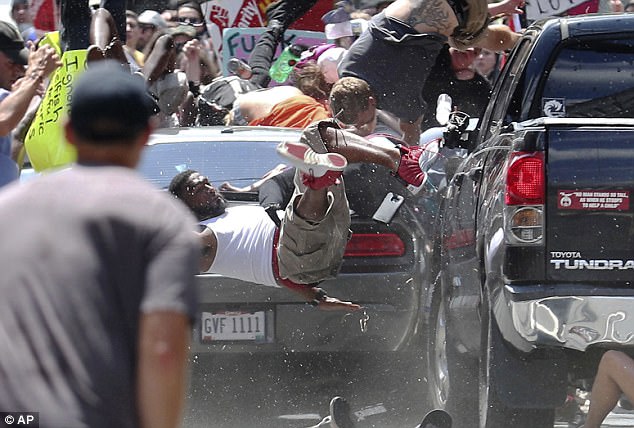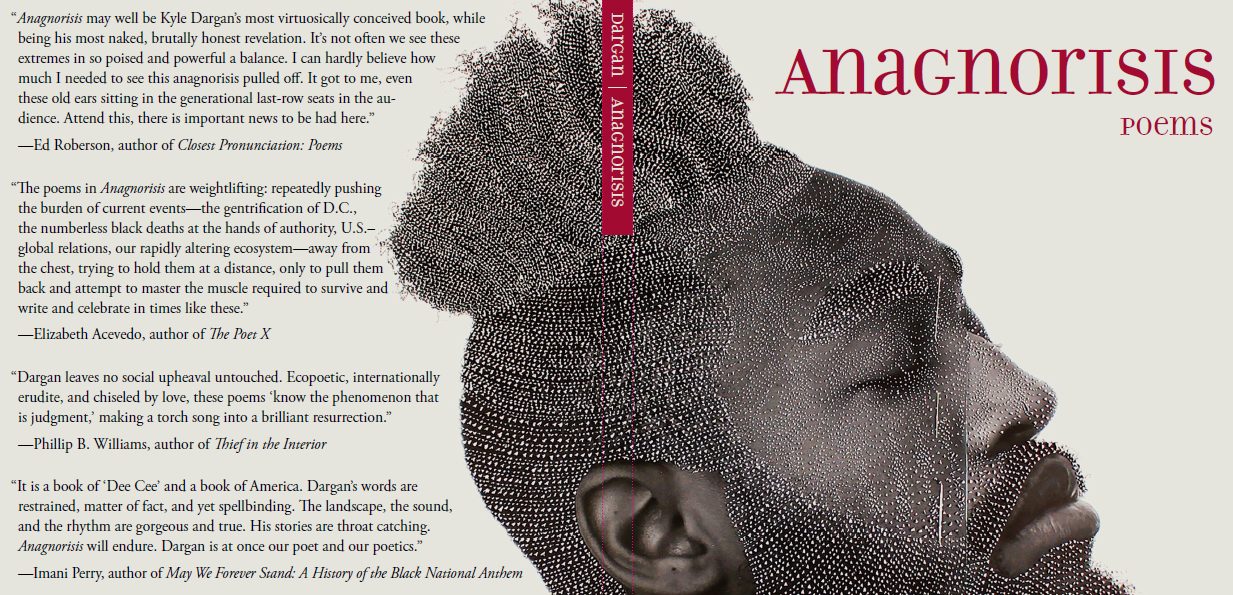A Note for Some Fellow American Readers
Our television and radio airwaves and our social media timelines are replete with laments for the inability of Americans today to have “civil” conversation or “nonviolent” debate about the issues which have and continue to set us at odds politically, culturally, and socially. I sincerely want this book to, in some way, enable or contribute to the type of dialogue that serves as anodyne to the kneejerk vitriol and performative rebuffing that we—and most unfortunately our children—wittingly and unwittingly consume on a daily basis.
I am, though, particularly sensitive to the terms of any conversation in which I participate. Living in Washington, D.C., knowing people who serve at the State Department and seeing the White House as a stage for the theater of international relations, it is amazing to think about how many of those multinational conversations do or do not happen based on all the behind the scenes terms settling. (America doesn’t talk to you publicly unless the terms and conditions leading into that dialogue are amenable to America.) And while many of us—as individuals or collectives—do not possess the power to forcibly negotiate the terms of the conversations that shape, if not define, our rights and freedoms, I wrote this book. And, as far as this book’s entry into the conversation about justice and racial dynamics in America is concerned (while those are far from the book’s only themes), there are some implicit terms of this text which I would like to make you aware.
I am, though, particularly sensitive to the terms of any conversation in which I participate. Living in Washington, D.C., knowing people who serve at the State Department and seeing the White House as a stage for the theater of international relations, it is amazing to think about how many of those multinational conversations do or do not happen based on all the behind the scenes terms settling. (America doesn’t talk to you publicly unless the terms and conditions leading into that dialogue are amenable to America.) And while many of us—as individuals or collectives—do not possess the power to forcibly negotiate the terms of the conversations that shape, if not define, our rights and freedoms, I wrote this book. And, as far as this book’s entry into the conversation about justice and racial dynamics in America is concerned (while those are far from the book’s only themes), there are some implicit terms of this text which I would like to make you aware.
- I am writing this note to you on the eve of the “Unite the Right” rally planned for the weekend of August 11th, 2018. This rally is envisioned as a commemoration or reprisal of the violent 2017 rally in my college home town of Charlottesville, Virginia. I respect the efforts of organizers and activists who will be showing up to make these nazi-identified “white” supremacists feel unwelcome, but I personally will not be going downtown tomorrow. One of the images seared into my mind from that sad event the year prior is the artistically fortuitous photo of Marcus Martin—his body mid-tumble back towards the ground after being struck while pushing his fiancé out of the way of Alex Field Jr.’s murderously guided Dodge Charger. (And let us remember that Heather Hyers’ death was the most tragic outcome of that moment.) In the days after, we saw the sympathies of various media and their audiences—from CNN to the Ellen Show—turn towards Martin and his family. Yes, he was a hero but, more importantly as a player in the American narrative, he was a particularly and explicitly wounded blk person. What he believed in, what he expressed as his intentions in travelling to Charlottesville—in one interview wearing a shirt reading “If you’re not outraged, you’re not paying attention”—are things he and many blk people believed before he became a victim of “white” supremacist violence. But it is a particular frustration of blk people in America that our voices and our laments regarding injustice do not become worthy until we are wounded to a suitable degree. (One of the persistent cognitive struggles of people who consider themselves “white” regarding the NFL player protests is reconciling how people making hefty salaries—though if they are being paid that, how much are their employers making?—could possibly be experiencing, or be fearful of, harm they need to protest.) I have thus decided that the word/term “hurt” will not appear in this book, knowing that for some it will be a challenge to engage in a conversation about the impacts of racist thought with a blk voice that is not presenting nor being presented as wounded. (Some may even take it, tonally, as a form of aggression.) I ask that you understand this as my attempt to encourage people to not need that particular empathy crutch to listen sincerely to what blk people—or any structurally marginalized or oppressed people—have to say.
- One of my favorite bits of language from the floor of Congress (what I refer to as “C-SPAN language”) is the admonishment lawmakers receive to “refrain from engaging in personalities toward the President” in their floor speeches. While it is a norm whose upholding is meant to maintain some ideal of decorum, I actually find it to be sound rhetorical advice as well. You will not find the current president, who I will not name, present in this book either. He is a symptom of much pointed and sustained messaging, dog whistling, and other manipulation at play while I was writing this book and, honestly, hundreds of years prior. For me, the most vulnerable thing about writing this book is choosing to take on, rather than the figurehead atop the bully pulpit, the ambient and internalized “white” supremacy that broad swaths of the population do not realize or are not willing to accept that they ascribe to. That includes people I know, people I called colleague, people who, likely, will make up the majority of the potential market for this book. (Reading some of the early reviews—which have, to date, all been written by Caucasian-Americans … mostly male—the focus on the book’s insights being “harsh” or uncomfortable have already made clear for me the uphill climb this book with have in regard to readers and critical reception.) While poetically engaging the President specifically in poems may be the catharsis or art therapy du jour (as was writing poems about George Bush II for most of the aughts), I am choosing to engage the attitudes and individuals who installed this current President—as after he is gone, they will remain and potentially be more entrenched than ever.
- When I write/speak about “whiteness” in the book, I am doing so under the assumption (arguably a fact) that “whiteness” is choice—that people are not born “white” as much as they take on, surrender to, and/or sustain “white” identity. Thus what I ask that you do not assume is that I am talking about you specifically when I use the terms “white” or “whiteness” in the book. I do not assume that every Caucasian or European-descended person I encounter actively identifies as “white” or wants to uphold “whiteness” (though many reveal their intentions with what they say or do). I cannot do that because race creates an oppositional, zero sum dynamic and I don’t want to move through my world in a constant state of facing an enemy. (The term “racial harmony” is itself an oxymoron because if you require race in order to navigate engaging with other human beings, you are more interested in efficiency—most likely capitalist efficiency—than harmony.) So when you see the word “white” … relax your defensive stance. Take a breath and know it is not an immediate indictment of you, reader, who I do not know. But if you see the words “white” or “whiteness” and have to pause to have the conversation with yourself (or others) about how you identify with “whiteness” or my depictions of it, I think that is healthy—whatever the outcome—because you will be able to carry that awareness forward with you.
The other side of this, though, is that even if one does not actively choose to be “white” they may still have access to the historically or contemporaneously generated strategic advantages of “whiteness.” As a cishet man, or male-identified, I cannot say I feel a particular fealty or affinity towards being a man, yet that does not mean I am not aware of the everyday privileges of being male in this society. Facing up to those privileges is uncomfortable because it means I have to also consider what that means for those not afforded those privileges, and I then have the choice to move through the world according to that awareness. Or not to. (Also true for my class status. Also true for my being able-bodied. Etc.) And this isn’t me performing righteousness, because I also fail at maintaining this awareness too, but I am saying this to suggest that if I as a blk man in America can pause to make those considerations—which is what many other remarkable writers today encourage me to do—hopefully you can as well.


 RSS Feed
RSS Feed